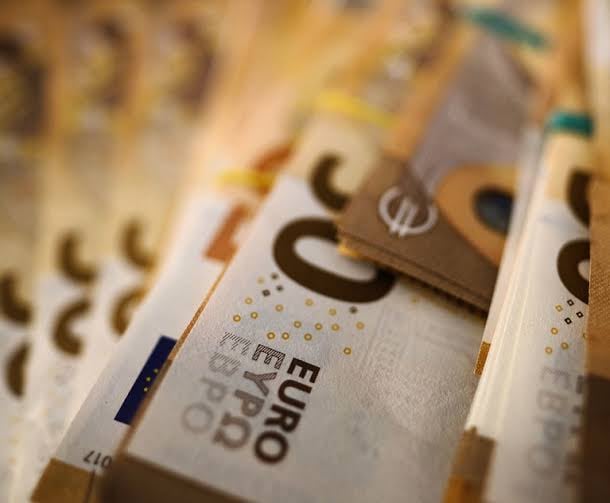France’s BPCE Expands into Portugal with €6.4B Novo Banco Acquisition
In one of Europe’s largest banking deals in recent memory, France’s BPCE is acquiring a 75% stake in Portugal’s Novo Banco from US private equity firm Lone Star.
The transaction values the Portuguese lender at €6.4 billion and marks BPCE’s entry into its second core European retail market.
Originally carved out of the collapsed Banco Espírito Santo in 2014, Novo Banco struggled under the weight of bad loans until a turnaround in 2021, when it posted its first profits.
In Q1 2025, the bank reported net assets of €43.72 billion and an impressive 21.7% return on tangible equity, figures that clearly signaled its full recovery.
Lone Star had taken control in 2017 with a €1 billion capital injection for a 75% stake, while the remaining 25% has remained with the Portuguese state’s resolution fund.
With the current transaction set to close in the first half of 2026 pending regulatory approval, BPCE is reportedly also in talks to buy out the remaining public stake, signaling a potential full takeover.
What Does This Mean for Me?
This acquisition aligns with a broader trend of cross-border consolidation in European banking. Governments across the continent are slowly reducing their stakes in previously nationalised institutions, paving the way for private ownership.
Recent moves include UniCredit’s growing influence in Germany’s Commerzbank and Greece’s Alpha Bank, as well as BNP Paribas' expansion through its AXA IM acquisition.
As cross-border mergers gain momentum, the BPCE-Novo Banco deal highlights a shifting landscape where European lenders are repositioning for size, reach, and resilience.

More News
.webp)
Japan’s Rate Shift Is Rippling Through Global Bond Markets

China’s Growth Engine Stalls as Consumers and Investors Pull Back

Egypt’s Recovery Gains Traction as Household Pressure Lingers

OECD Warns AI and Tariffs Will Test the Global Economy

Zero Tariffs, Higher Drug Bills as US and UK Reset Pharma Trade

Catastrophe Bonds Go Global as Climate Risk Meets Yield Hunting
.webp)
Canada Shields Steel and Lumber Industries From Tariffs
